Help Your Child Build
Friendships That Last
Teach them how to connect, communicate, and
grow relationships with care.
Building Friendships With Ease
Designed with educators, backed by psychology, and
easy to integrate into your school’s
routine.

Plan Objectives
 Strengthening Social Skills
Strengthening Social Skills
Teach children how to connect with others and build meaningful friendships.
 Developing Effective Communication
Developing Effective Communication
Help children express their thoughts and feelings clearly in social situations.
 Building Self-Confidence
Building Self-Confidence
Encourage children to approach friendships with self-assurance and positivity.
 Enhancing Conflict Resolution Skills
Enhancing Conflict Resolution Skills
Equip children with tools to handle disagreements in a constructive way.
Why This Plan?
This plan addresses the following challenges by developing targeted skills

My child does not care about others’ perspectives

My child is uncomfortable saying, “No.”

My child can not compromise with friends or siblings.

My child has fears that overwhelm them
My child does not care about others’ perspectives
How This Plan Helps
Teaches children to recognize and respect the viewpoints of others in friendships.
Skill: Relationship Management
Course: Relationship Building Basics
My child is uncomfortable saying, “No.”
How This Plan Helps
Helps children develop assertiveness and set healthy social boundaries.
Skill: Effective Communication
Course: Communication Foundations
My child can not compromise with friends or siblings.
How This Plan Helps
Provides problem-solving techniques to help children manage disagreements constructively.
Skill: Conflict Resolution
Course: Conflict Resolution Foundations
My child has fears that overwhelm them
How This Plan Helps
Encourages children to build confidence in their ability to connect with others.
Skill: Self-Confidence
Course: Confident You: Believe in Yourself
01Making New Friends in School or Social Settings
Guides children on how to introduce themselves, start conversations, and engage with peers.
02Learning to Express Themselves Clearly
Helps children communicate their feelings and thoughts openly in friendships.
03Handling Disagreements with Friends
Provides children with problem-solving strategies to resolve conflicts positively.
04Overcoming Social Anxiety and Self-Doubt
Builds children’s confidence in their ability to make and maintain friendships.
Real-Life Applications
How this plan's skills apply to real-world scenarios for everyday success
Courses Included
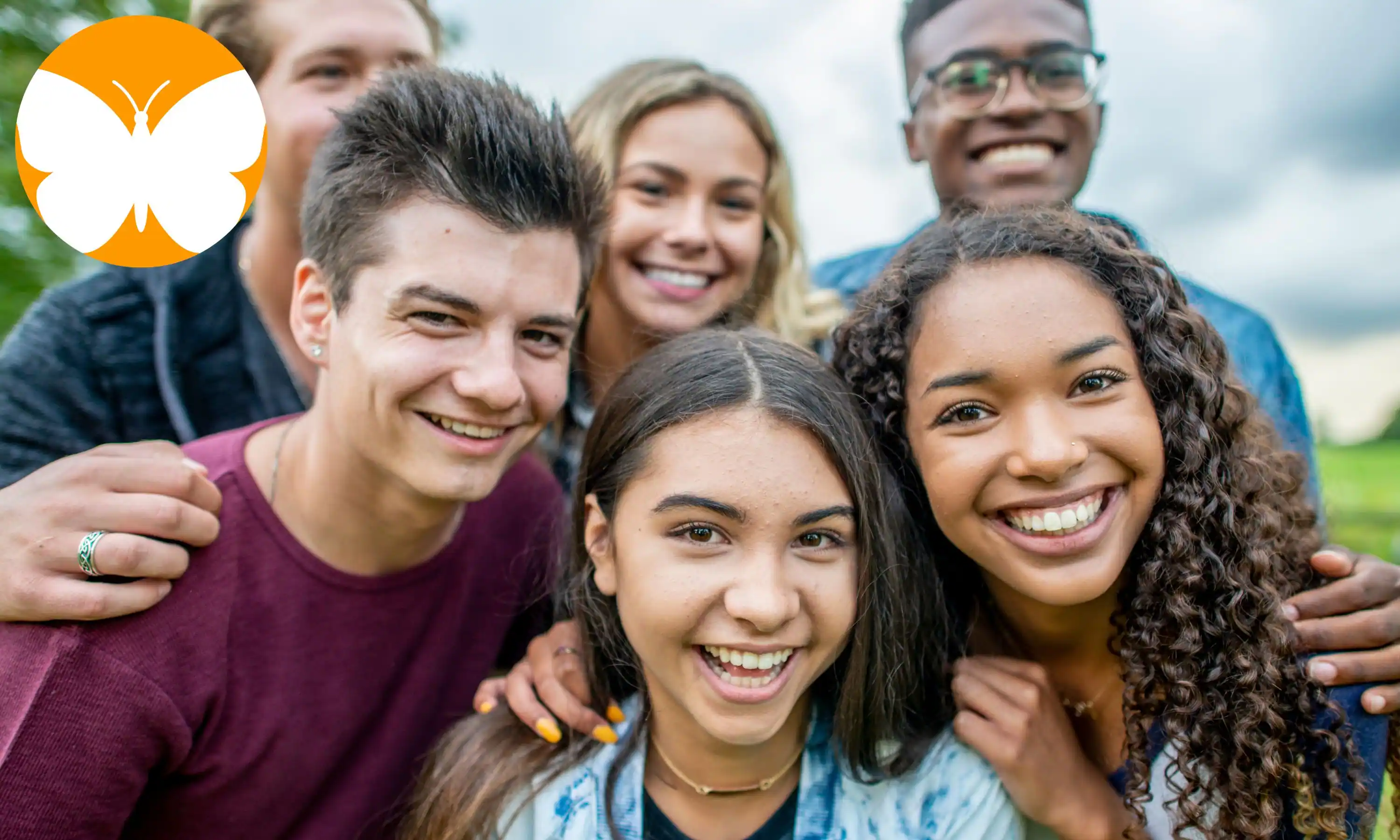

Relationship Building Basics
Social
Relationship Management
Course Details:
Modules: 4 |
Lessons: 32
Trust: Develop the ability to build and maintain trust, strengthening supportive connections.
Benefits: Understand how healthy relationships enhance well-being and personal growth.
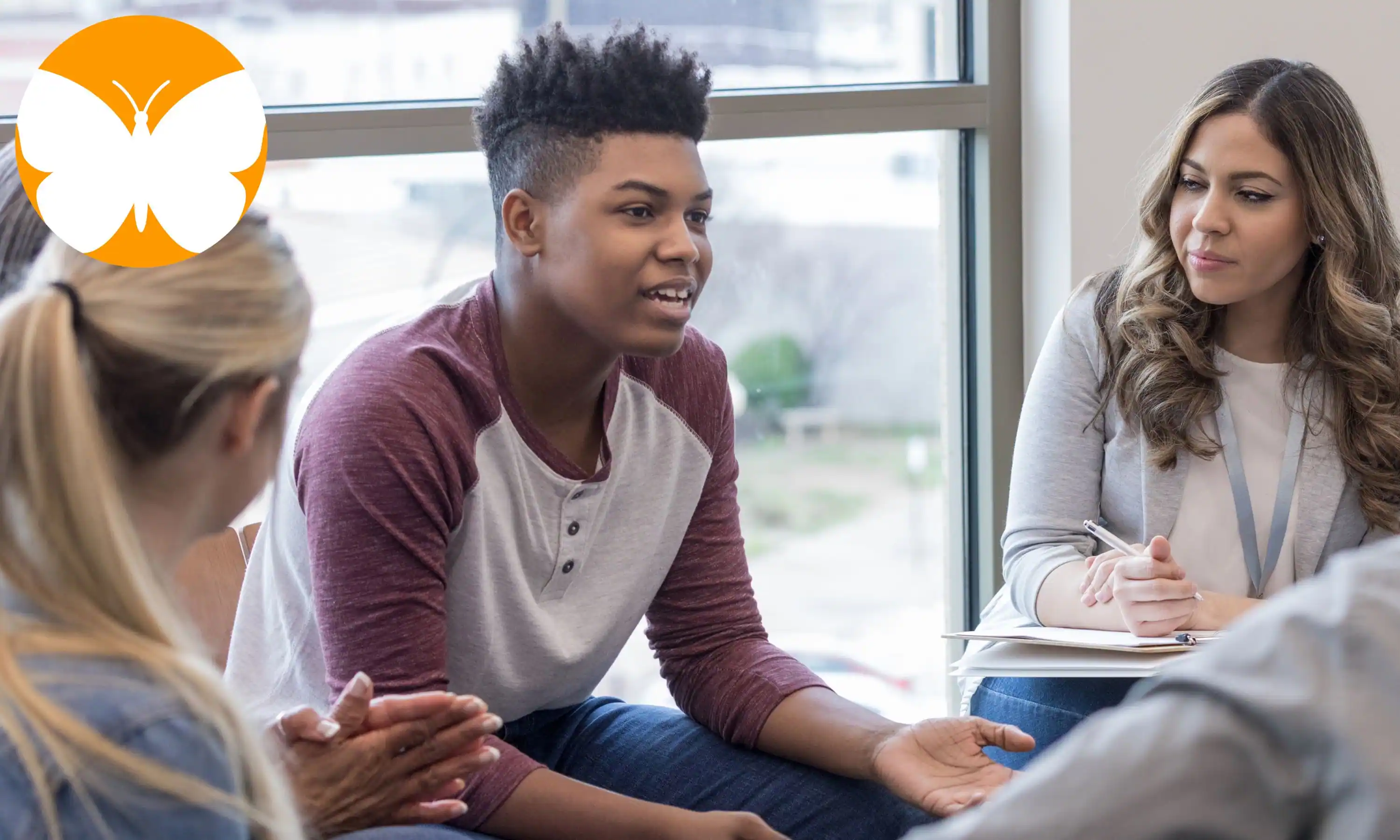

Communication Foundations
Social
Effective Communication
Course Details:
Modules: 4 |
Lessons: 32
Effective Communication: Develop communication skills across multiple mediums for clearer interactions.
Active Listening: Enhance active listening and empathetic communication for better understanding.


Conflict Resolution Foundations
Social
Conflict Resolution
Course Details:
Modules: 4 |
Lessons: 32
Strategies: Develop approaches to handle conflict constructively through communication and empathy.
Emotions: Manage emotions in conflict using mindfulness and positive self-talk.
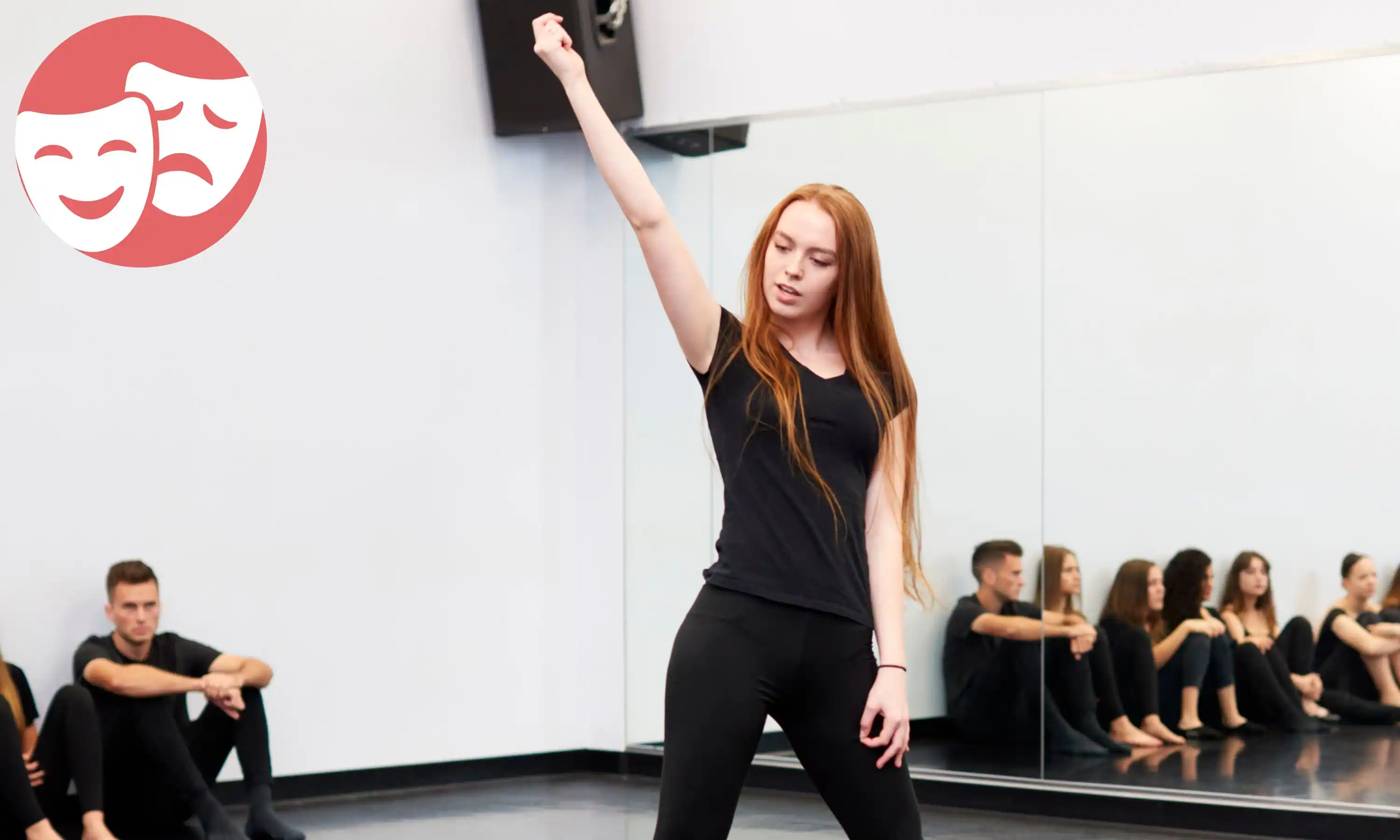

Confident You: Believe in Yourself
Emotional
Self-Confidence
Course Details:
Modules: 4 |
Lessons: 33
Discover Self-Belief: Understand how confidence transforms growth and relationships.
Master Positive Self-Talk: Replace self-doubt with empowering inner dialogue daily.
Meet the Course Creators

Dr. Kymberli Barker
Relationship Building Basics
Conflict Resolution Foundations
Dr. Kymberli Barker
Relationship Building Basics
Conflict Resolution Foundations
Dr. Barker is the mother of two fantastic young men, and they are her priority in life. She holds degrees in biochemistry, math, forensics, and psychology. She is a consultant and a professor at multiple colleges, including the Citadel, and Johns Hopkins Center for Talented Youth. She spent fifteen years in public education, prior. Her personal focus is child advocacy and she developed the Guardian ad Litem/(GAL)/CASA program for the Eastern Band of Cherokee Indians. She is tribally and state sworn as a GAL. Her favorite thing is being a mom.

Ali Dareneau
Relationship Building Basics
Conflict Resolution Foundations
Ali Dareneau
Relationship Building Basics
Conflict Resolution Foundations
Ms. Dareneau is an English teacher with dual degrees in Psychology and English Education, she enjoys helping students reach their potential, especially when it comes to English Language Arts. With over 16 years of classroom experience and working with education-based companies, she brings creativity and enthusiasm to the classroom and beyond. She earned a Bachelor's degree in Psychology in 2007 and completed her Masters's degree in English Education in 2013 which have both shaped her into the passionate educator she is today. Her professional experience as an English teacher, curriculum designer, and writer demonstrates her passion for reading and writing and solidifies her belief all students can strengthen their reading and writing skills no matter what level they begin their journey.
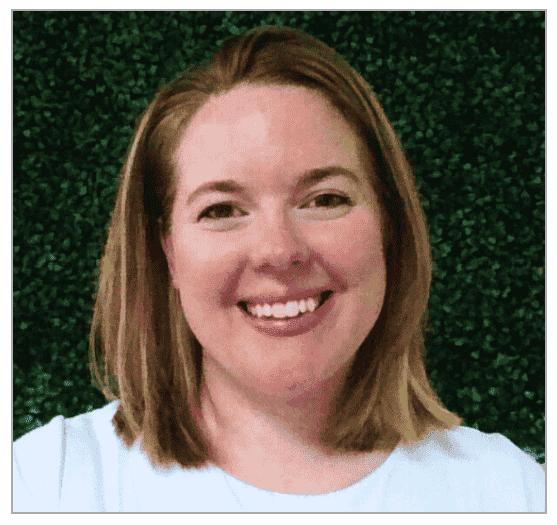
Ashley Valentine
Communication Foundations
Ashley Valentine
Communication Foundations
Ashley Valentine is an energetic and creative teacher from the United States who has committed her career to facilitating engaging and unique experiences for learners. She has presented at technology conferences, attended international learning summits, and is deeply passionate about ensuring that learning is both fun and meaningful. She has incorporated escape rooms, social media, experiential learning models, and hands-on techniques to engage Generation Z and prepare for Generation Alpha. An avid learner herself, Ashley holds two degrees in education and engages regularly in professional development so that she can build upon strategies and be responsive to student needs.
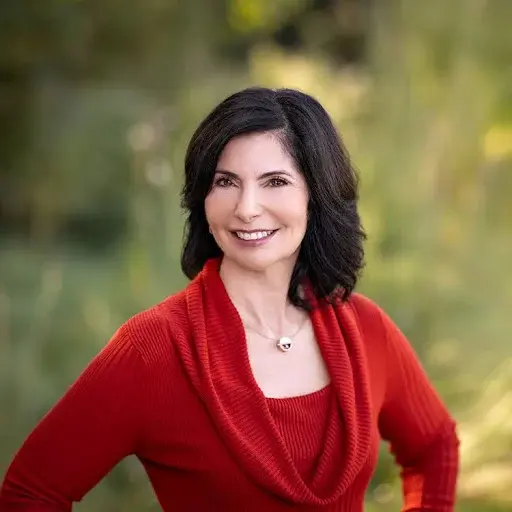
Dr. Lisabeth Medlock
Confident You: Believe in Yourself
Dr. Lisabeth Medlock
Confident You: Believe in Yourself
Dr. Medlock is a psychologist, ICF and Board Certified Coach and consultant with a mission to help people and organizations do better and be better. She serves as an advocate, solutions finder, change agent, and resource. For 30 years she has worked with public and nonprofit organizations, beginning in middle schools developing self-competence and conflict resolution programs. She has worked with over 100 organizations to improve their impact on the people and communities they serve. She has been a blogger for the Huffington Post, a TEDx speaker, an author, and has developed myriad curricula, training manuals, and self-help booklets.
Sample Lesson Preview 
Relationship Building Basics
Benefits of Healthy Relationships
Benefits of Healthy Relationships
It is essential for our well-being to cultivate and maintain healthy relationships. Benefits of healthy relationships include:
- Emotional Support: Our friends, family, and acquaintances give us the supportive network we need. We can share joys, sorrows, and challenges together. Emotional support from loved ones helps us navigate life's ups and downs.
- Personal Growth: Relationships offer opportunities for personal growth and self-reflection. Interacting with others helps us develop empathy, understanding, and emotional intelligence.
- Health and Happiness: Healthy relationships contribute to overall well-being. We can have increased happiness, reduced stress levels, and improved mental and physical health.
Please think of your relationships. Please take a minute to journal the benefits you gain from people in your life.
Sample Lesson Preview 
Communication Foundations
Setting Goals
Planning Ahead
It's important to make plans related to personal growth as a communicator.
That's why it's important to use all experiences to grow and learn. This means that sometimes people have to get out of their own comfort zone in order to learn.
All people, including children and adults, must work continuously to strengthen their verbal and nonverbal communication, active listening skills, written expression, and online communication.
Sample Lesson Preview 
Conflict Resolution Foundations
Causes of Conflict
Emotional Hot Buttons
It can be challenging dealing with emotional hot buttons, but there are several ways to manage them effectively.
First, identify your hot buttons by being aware of situations that make you upset or angry.
Second, calm your emotions with deep breathing or counting to ten when you feel highly emotional.
Third, talk about your feelings with a trusted friend, teacher, or parent; sharing your emotions can help you feel understood and less alone. Try to always speak from your own perspective. Do this by using “I” statements, like “I feel upset when…” to express how you feel.
Fourth, stay active through sports or hobbies to release built-up stress.
Fifth, keep a journal to write about your feelings, which can help you understand and manage them better.
These strategies can help you handle emotional hot buttons in a healthy way and improve your overall well-being.
Sample Lesson Preview 
Confident You: Believe in Yourself
What is Self Confidence?
Definition of Self-Confidence
Let’s talk about what self-confidence means.
Self-confidence is something you can’t touch, but it affects how you feel. You can’t see it, but it is there when you look in the mirror. You can’t hear it, but it is there every time you talk about yourself.
Self-confidence is feeling good about yourself and knowing you are a likable, capable person.
I am sure self-confidence is a word you have heard and maybe you even know how to tell if people are confident. In this module, you will learn about self-confidence and self-esteem and how to identify both good and poor confidence and esteem. Remember, you can improve your self-confidence.
